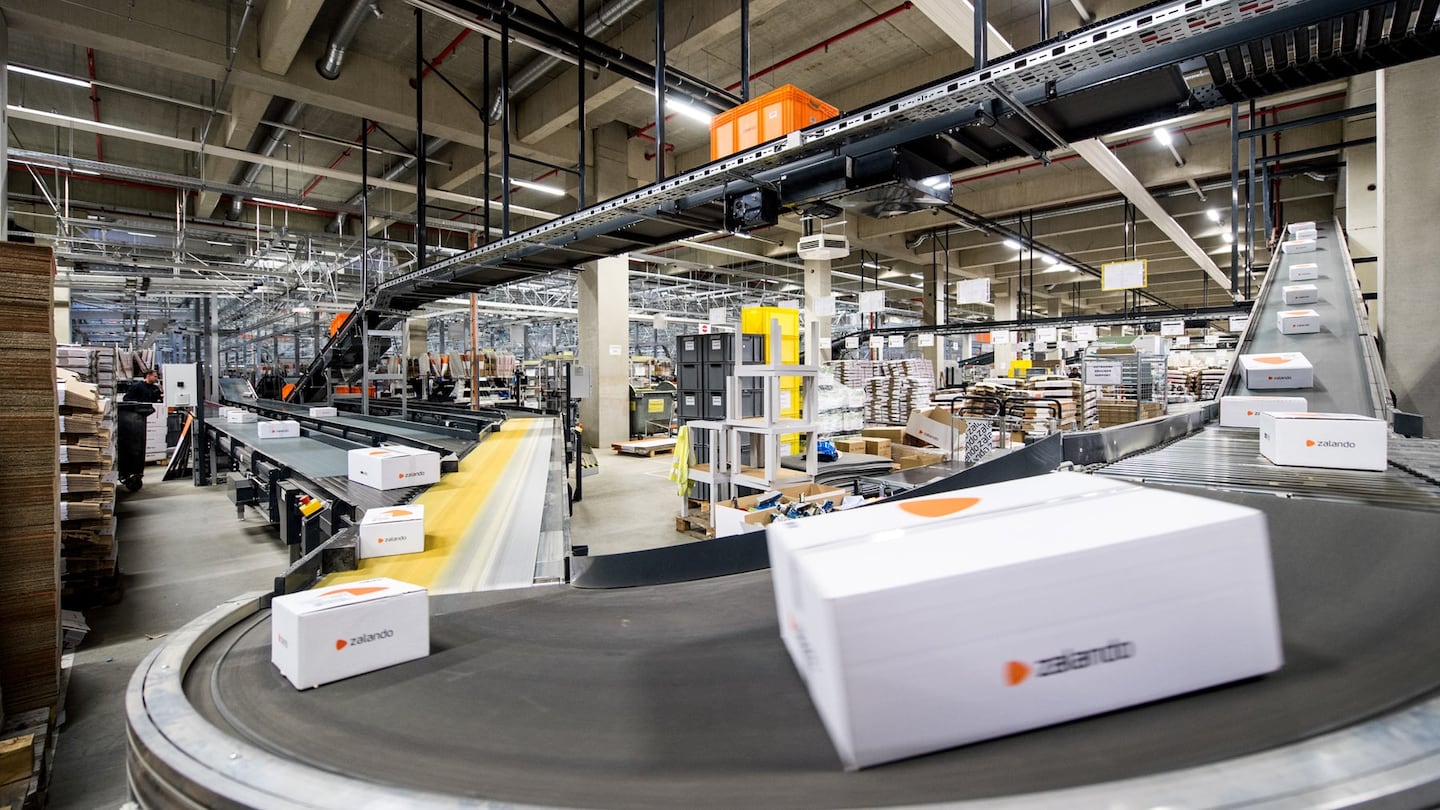
The Business of Fashion
Agenda-setting intelligence, analysis and advice for the global fashion community.

Agenda-setting intelligence, analysis and advice for the global fashion community.

BERLIN, Germany — Zalando, Europe's biggest online-only fashion retailer, announced plans on Wednesday to cut its emissions of carbon dioxide, eliminate single-use plastics in packaging and make its Zign private label more sustainable.
Many fashion players are trying to bolster their environmental credentials as the sector faces criticism for fuelling a throwaway culture, with global charity Oxfam saying it is responsible for about 10 percent of all greenhouse gas emissions.
"The fashion industry is facing sustainability challenges and we know we have been part of the problem. Going forward, our aspiration is to be part of the solution," Zalando Co-Chief Executive Rubin Ritter said in a statement.
"We see a clear link between acting sustainably and continued commercial success... We believe that it will be a competitive advantage in the future."
ADVERTISEMENT
Zalando said it wanted to be "carbon neutral" in its own operations and all deliveries and returns as of today, including self-operated properties, parcel transportation and packaging.
It switched to over 90 percent renewable energy at its own buildings this year and said it would offset remaining carbon emissions that could not be eliminated in its operations.
Carbon offsetting involves helping to fund a cut in emissions elsewhere, such as through preventing deforestation.
Zalando pledged to design its packaging to minimise waste and eliminate single-use plastics by 2023, noting that its boxes are already made from recycled materials.
By Emma Thomasson; editor: Michelle Martin
Traces of cotton from Xinjiang were found in nearly a fifth of samples from American and global retailers, highlighting the challenges of complying with a US law aimed at blocking imports that could be linked to forced labour in China.
The fashion industry continues to advance voluntary and unlikely solutions to its plastic problem. Only higher prices will flip the script, writes Kenneth P. Pucker.
The outerwear company is set to start selling wetsuits made in part by harvesting materials from old ones.
Companies like Hermès, Kering and LVMH say they have spent millions to ensure they are sourcing crocodile and snakeskin leathers responsibly. But critics say incidents like the recent smuggling conviction of designer Nancy Gonzalez show loopholes persist despite tightening controls.